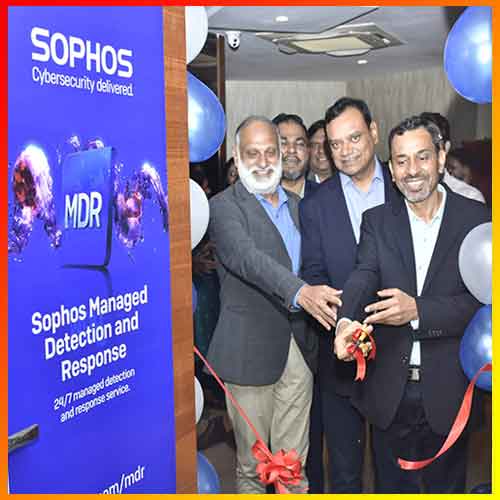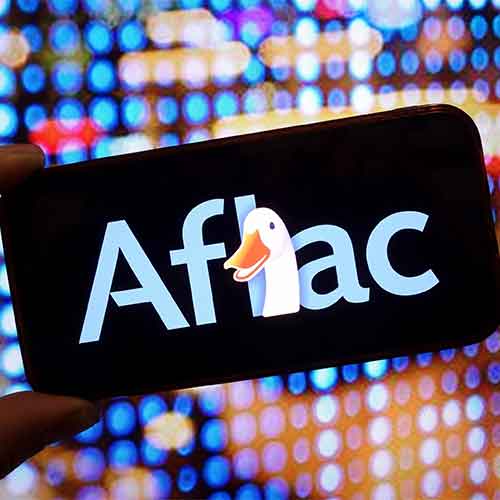
The controversy stems from the “Kim Soo Hyun Prevention Act,” a public petition to raise South Korea’s age of consent, where media outlets wrongly implied guilt by using the actor’s name despite no legal evidence or charges
The Korea Press Ethics Commission (KPEC) has formally warned more than 25 South Korean media outlets for what it described as reckless and unethical use of actor Kim Soo Hyun’s name in news coverage connected to a growing online petition and unverified allegations. The Commission expressed concern that such reporting may mislead the public and unfairly damage the actor’s reputation.
At the center of the controversy is the so-called “Kim Soo Hyun Prevention Act,” a public petition advocating to raise South Korea’s age of sexual consent from 16 to 19. Although the petition uses the actor’s name, KPEC clarified that there is no legal complaint, charge, or confirmed evidence linking Kim Soo Hyun to any criminal activity. Despite this, several outlets have cited his name in headlines and stories, some of which included provocative and misleading phrases suggesting guilt.
KPEC highlighted specific headlines that implied serious crimes, such as “Kim Soo Hyun’s grooming sexual crime against Kim Sae Ron,” which the Commission said presented speculative claims as fact. According to the watchdog, these types of headlines can contribute to public misunderstanding, stigmatize individuals without legal basis, and violate the principles of ethical journalism.
Journalists told to prioritize facts
The Commission underscored that linking Kim Soo Hyun to the petition—especially without legal or factual support—sets a dangerous precedent in media reporting and could result in irreversible personal and professional harm. It also pointed out the emotional toll such stories may take on the actor, his family, and fans.
Furthermore, the KPEC emphasized that the primary responsibility of the media is to report verified information and avoid sensationalism. Journalists were urged to refrain from exploiting public curiosity and to avoid using high-profile names to boost traffic without legitimate context.
The incident reflects a broader concern about the role of digital media in shaping public narratives. KPEC’s warning serves as a reminder that journalistic integrity and restraint are essential, particularly when covering sensitive topics involving public figures and legal grey areas.See What’s Next in Tech With the Fast Forward Newsletter
Tweets From @varindiamag
Nothing to see here - yet
When they Tweet, their Tweets will show up here.




























